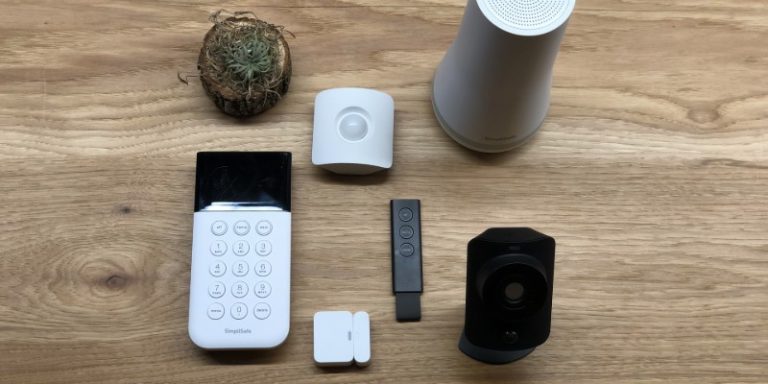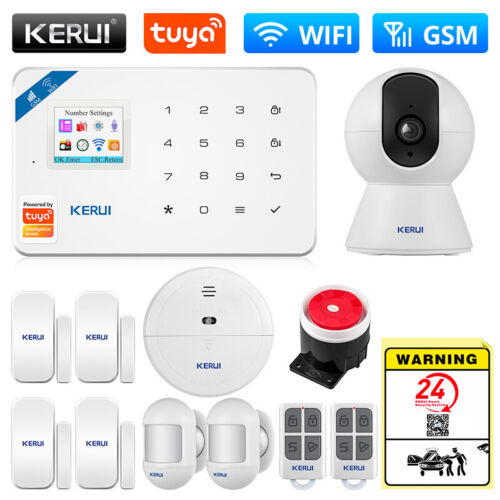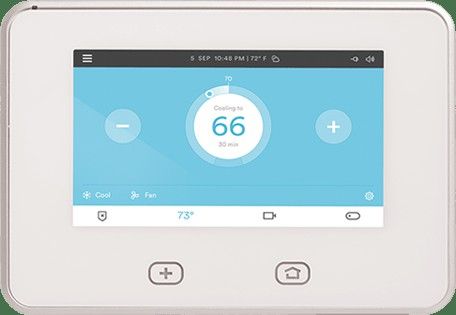
There are many factors that you should consider when choosing a security system for your home. Some of the most important components of a security system include cameras, motion detectors, and sensors. You should also consider the monitoring subscription. These features should always be included in any security system. This will ensure that you have all the security features you need.
Sensors
After the effects of COVID-19 which disrupted several manufacturing sectors and delayed new product launches, the global sensor market is expected recover. MEMs-based sensor technology has seen a rise in popularity due to its smaller size and greater energy efficiency. These sensors are also well-suited for the consumer electronics business. IoT's growth will lead to an expansion in the number of sensors applications.
The global sensor market can also be segmented according to the application. It can further be broken down into automotive, IT, telecommunication, industrial and electronics as well as aerospace & defense. Healthcare holds the largest share of this market. This is due to the high safety standards.

Motion detectors
Motion detectors form a key component of many home security systems. These devices detect movement, and will often show an LED light. Often, these devices can be connected to a smart home security system and configured to send remote alerts. You can even schedule motion alerts using an app for your mobile device.
The best motion detectors will perform at their best. You want to place them in areas that produce fewer false alarms. Many motion detectors come with detailed instructions to help you place them. In order to be effective, motion detectors should only be placed in areas with low foot traffic. If a burglar attempts to break into a house through the backdoor, it is most likely that they do.
Cameras
There are many types of home security cameras available. Although some cameras are more well-known than others, they all have their own unique features. Nanny cams are a popular choice. They have a fixed lens, support for memory cards, and even an alarm trigger. This camera can also record sounds, which is great for parents of small children.
One of the greatest advantages of security cameras is their ability for homeowners to be alerted to suspicious activity. A security camera can help prevent break-ins because it can stream video to a smartphone app, alerting homeowners to the intrusion. A security camera can monitor the outside world, which makes a home safer overall. A porch camera, for example, can make the neighborhood safer.

Subscription monitoring
For a monthly fee, some home security systems allow you to subscribe to a monitoring service. These subscriptions do not have to be paid, but may be worth looking into if your concern is false alarms. These services will dispatch police to your residence and alert emergency services if necessary. The monitoring subscription will also reduce false alarms.
A monitoring subscription can be purchased for either a monthly or an annual fee. Monitoring subscriptions are usually more expensive than standalone devices. Some systems allow you access your home via a mobile device. This is especially useful for vacationers.
FAQ
How do you choose between different home security systems types?
You should consider what kind of threats are in your area. If there is a lot crime in your area, you may want an alarm to sound when someone enters your home. You may not require as much security if your home is in a rural area with few burglaries.
Consider whether you are prepared to pay more for advanced features. Some systems come with built-in cameras while others don’t. Some systems let you remotely monitor your house, while others require you being physically present to view the footage.
What is the best home security program?
The most popular home security systems are ADT Pulse, Ring Alarm, Vivint Smart Home Security, and Protect America.
How much should I pay for alarm monitoring
The cost of alarm monitoring varies depending on the frequency you need it monitored, the equipment you require, and whether an all-inclusive or monthly package is chosen.
What is the difference of surveillance and security camera?
Security cameras are used to protect, while surveillance cameras are used to monitor.
Each type of camera has its pros and cons. There is one major difference between the two types of cameras: the type of images that they capture. Surveillance camera record video in slow-motion so you can follow what's happening live. Security cameras on the other side only record video and still photographs, which are saved for later review.
Which is better, home security cameras of home security systems?
Home security systems work better than home security cameras, as they can detect sounds and movements even when no one is in the area where the system is installed. However, home security cameras can be mounted on doors and windows easily and are less expensive than home systems.
Are motion sensors capable of triggering alarms?
There have been motion sensor alarm systems for decades. They have grown in popularity due to increasing burglaries and thefts. These devices can be too costly and do not work well inside cabinets. But if you want your home to be protected from intruders, a motion detector alarm system is worth looking at.
Statistics
- Cove sets you free without punishing penalties and fees, unlike other security solutions that charge 75% to 100% of your remaining contract. (safewise.com)
- Related questionsHome security systems that are 100% DIY (safewise.com)
- That's probably why Cove has a whopping 98%* customer retention rate. (safewise.com)
- Depending on your insurance, 24/7 professional monitoring may qualify you for as much as 15% off your premium. (safewise.com)
External Links
How To
What to look out for in a Home Security Monitoring Company
There are many factors you need to consider when choosing the right home security monitoring company. Make sure you have someone who is familiar with what they are doing. Ask around to determine if someone else has used this service provider. Don't trust anyone recommending them. Ask friends and family members if they would recommend the company. This way you get honest feedback from people who actually use the services. Check out reviews on the company online. Visit their website, as well as other social media platforms like Facebook and Twitter. You can read customer testimonials and complaints. You can look at negative comments and figure out why. It could mean something bad happened to a client.
Next is to verify references. Call up past clients and ask them how they liked the service. Are they satisfied with the work quality? Everything went according to plan. Check that the previous company was reliable. They did not just give you a price and then disappear.
Next, find a licensed company and one that is insured. A good insurance policy means that if anything happens to your property while you're away, they'll cover the damages. The best companies offer 24/7 emergency response services so that you won't have to worry about calling them during business hours.
Check to see if the company offers free installation or maintenance. These services can be expensive, so it is common for companies to charge additional. This is because maintaining and installing equipment can take time and money. However, not all companies provide enough monitoring services for most homeowners.
Finally, make sure that the company's prices are reasonable. Do not pay too much for poor products. Always compare apples with apples when comparing the different providers. For example, one provider may charge $150 for basic monitoring and another provider may charge $200 for the exact same service. You should shop around if you are looking to save money.